A series of businesses in the livestock industry have just sent a document stating their concerns about the commodity codes of soybean meal used as animal feed.
Businesses "complain" about difficulty in accessing tax reduction support policies
Along with the petition of Dong Nai Livestock Association, representatives of enterprises operating in the field of animal feed and livestock have just signed a document sent to the Government Office , Ministry of Finance, Ministry of Agriculture and Rural Development reflecting on the problem of commodity codes of soybean meal used as animal feed.
Enterprises include CP Vietnam , De Heus, Japfa Comfeed Vietnam, Cargill Vietnam, New Hope Ho Chi Minh City, Greenfeed Vietnam, CJ Vietnam, Asian Nutrition, Ba Huan, Sao Mai Super Feed, Nam Viet, Viet Thang, CNC International Nutrition, Khai Anh Binh Thuan, GAD Vietnam, Asia Goldman.
In this document, enterprises in the group of enterprises in the animal feed and livestock industry in Vietnam expressed their gratitude for the support and sharing of the Prime Minister and ministries for enterprises, production facilities, and workers in the industry through the issuance of Decree 144/2024/ND-CP dated November 1, 2024. Accordingly, the preferential import tax rate for soybean meal with commodity code 23040090 has been reduced from 2% to 1%.
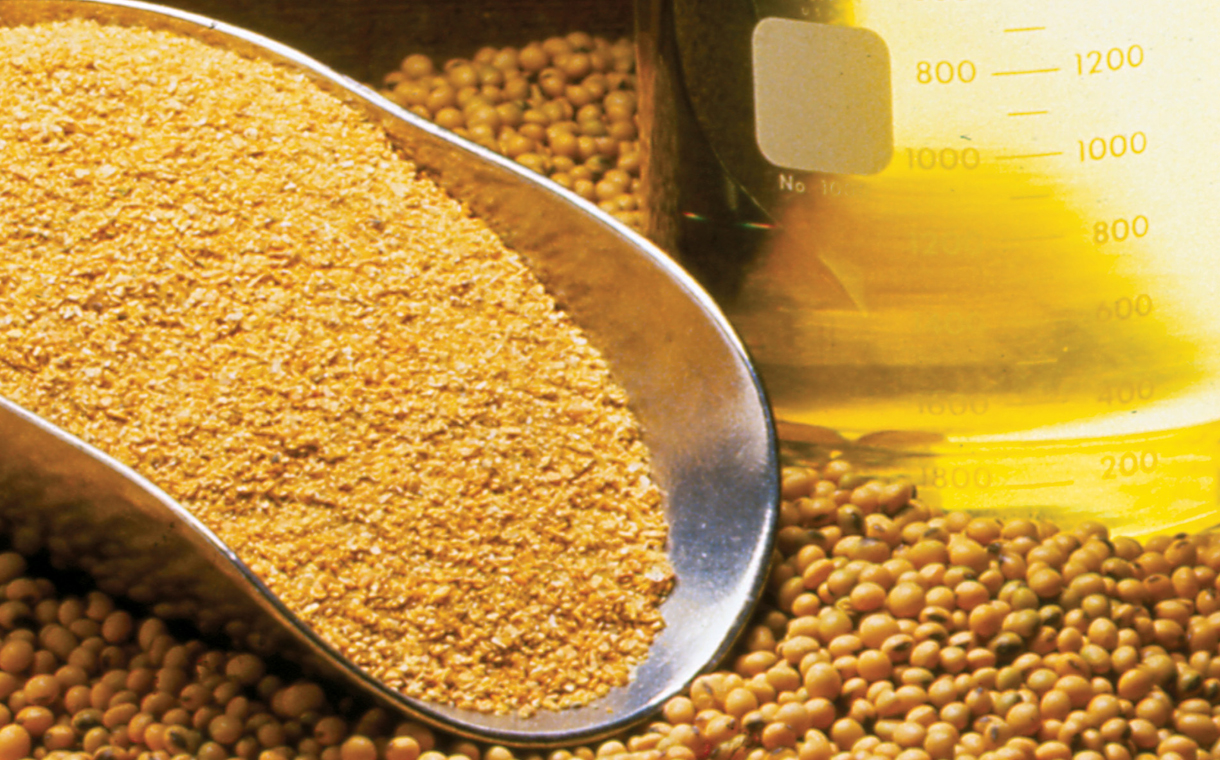
Soybean meal is an important product in the animal feed processing industry for protein supplementation.
Enterprises affirmed that this adjustment has helped businesses maintain production and business activities, ensure supply and stabilize food prices in the context of the market still facing many difficulties.
However, since Decree 144/2024/ND-CP officially took effect from December 16, 2024, businesses cannot access the support policy on preferential import tax reduction for soybean meal used as animal feed.
Specifically, from the beginning of December 2024, the customs branches of Ho Chi Minh City and Ba Ria - Vung Tau will apply the commodity code for soybean oil meal as 23040029, with a preferential import tax rate of 2%.
Meanwhile, from before December 2024, including the period after Circular 31/2022/TT-BTC takes effect, enterprises always declare imported soybean meal for use as animal feed under commodity code 23040090 (with preferential import tax rate of 1%) on the VNACC/VCIS system of the General Department of Customs and the specialized inspection registration system of the Plant Protection Department, Ministry of Agriculture and Rural Development.
Thus, there is a difference and inconsistency in commodity codes, along with preferential import tax rates, for soybean meal used as animal feed between the implementation of Decree 144/2024/ND-CP of the General Department of Customs and current regulations of the Plant Protection Department and the implementation practices of enterprises.
"This not only increases the time for customs clearance of goods and incurs additional costs, but also leads to misunderstandings or doubts among businesses and the public regarding the policies, guidelines, and consistency and objectivity of regulations of management agencies," businesses commented.
Also in the above document, businesses said that the livestock and animal feed industry is still facing the following difficulties:
Since Decree 144/2024/ND-CP took effect on December 16, 2024, in just half a month, the price of soybean meal in the world and domestic markets has suddenly increased by more than 12% due to fluctuations in supply and demand. This has greatly affected production costs, while the selling price cannot increase accordingly due to weak domestic market purchasing power, forcing animal feed production enterprises to produce at a moderate level.
There is currently a difference in import tax rates for soybean meal between exporting countries that have free trade agreements with Vietnam (India, ASEAN...), which enjoy a 0% tax rate, and other countries. Businesses in the industry are therefore limited in the scope of goods origin and have difficulty accessing countries with more stability in soybean meal output and quality (USA, Argentina, Brazil...).
At the same time, if the preferential import tax rate for soybean meal used as animal feed is applied at 1%, it can contribute to increasing import output and harmonizing the trade balance with the US, avoiding the risk of the new administration of President-elect Donald Trump applying trade monitoring and self-defense measures, which are detrimental to Vietnam's export activities to the US.
Accordingly, businesses requested ministries and branches to consider adjusting and reducing the preferential import tax rate for soybean meal used as animal feed with commodity code 23040029 from 2% to 1%, equal to the tax rate of commodity code 23040090.
At the same time, businesses also proposed to be allowed to retroactively refund import tax for imported soybean meal shipments used as animal feed from December 16, 2024 according to Decree 144/2024/ND-CP.
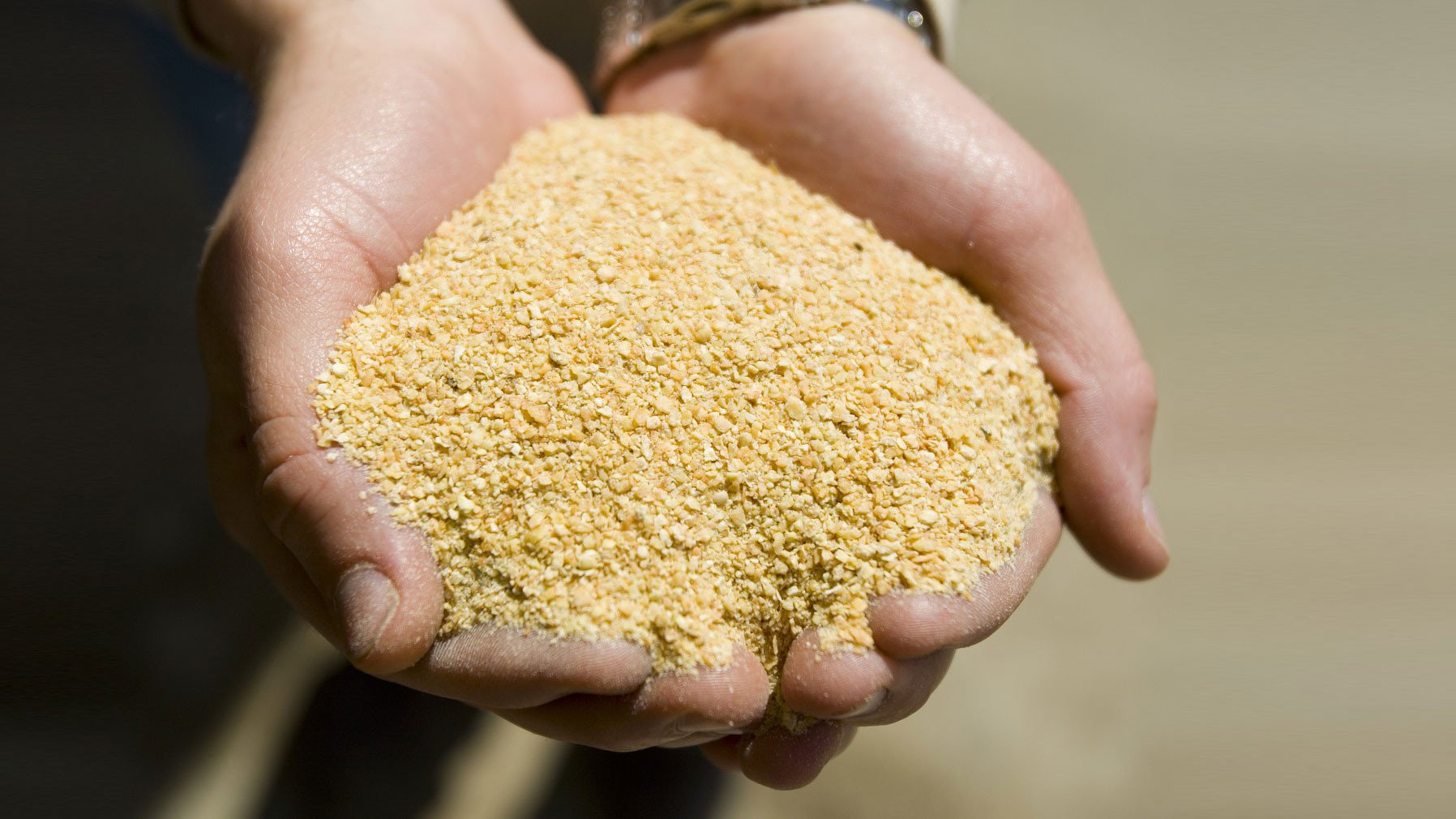
In Decree 144, commodity code 23040090 is soybean oil cake used as animal feed in the form of fine powder, pellets, bars, and blocks, currently subject to a tax rate of 1%. Illustrative photo.
Propose to apply 1% tax rate for both product codes
Regarding the above problems, Ms. Dao Thu Huong, Deputy Director of the Import-Export Tax Department (General Department of Customs - Ministry of Finance) said that soybean oil products come in many different forms.
In Decree 144, commodity code 23040090 is soybean oil cake used as animal feed in the form of fine powder, pellets, bars, and blocks, currently subject to a tax rate of 1%; while code 23040029 is in the form of coarse powder, currently subject to a tax rate of 2%.
"Enterprises importing raw powder products do not enjoy a 1% tax rate. The General Department of Customs is the implementing agency. Local customs agencies basically follow the regulations," Ms. Huong emphasized.
The leader of the Import-Export Tax Department further explained that in the previous period, the commodity code 23040090 included all forms of soybean meal. However, from 2022 to now, ASEAN countries have separated the raw powder form of soybean meal into separate codes in the ASEAN Harmonized Tariff Nomenclature (AHTN) version 2022. Accordingly, Vietnam has complied and officially applied it from December 30, 2022.
"We have just sent an official dispatch to the Department of Tax, Fee and Charge Policy Management and Supervision (Ministry of Finance) requesting consideration to adjust and reduce taxes for the whole soybean oil product with code 23040029, ensuring that all forms of soybean oil enjoy incentives," said Ms. Huong.
The General Department of Customs has sent an official dispatch requesting the Department of Tax, Fee and Charge Policy Management and Supervision to study and accept the proposal of enterprises to adjust the preferential import tax rate of soybean meal under code 23040029 from 2% to 1%, equal to the tax rate of soybean meal under group 23040090, to ensure that all forms of soybean meal used as animal feed are subject to the same tax rate.
Source: https://danviet.vn/15-doanh-nghiep-chan-nuoi-keu-vuong-mac-ma-so-hang-hoa-tong-cuc-hai-quan-noi-gi-20250109110619626.htm








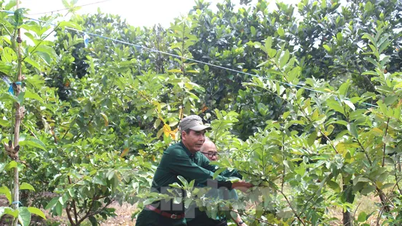



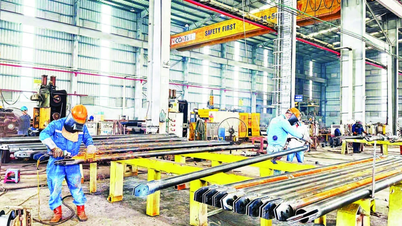








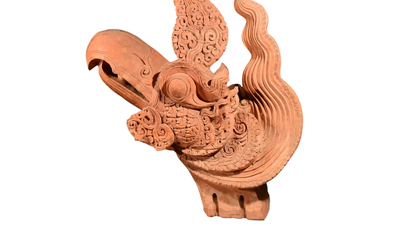






































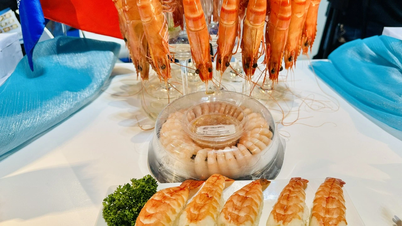











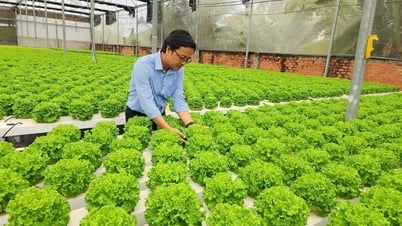



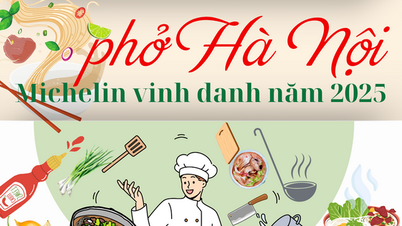
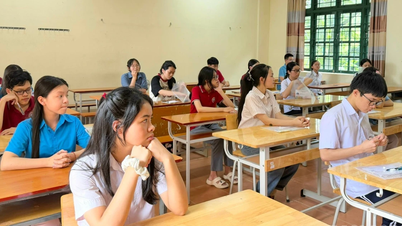

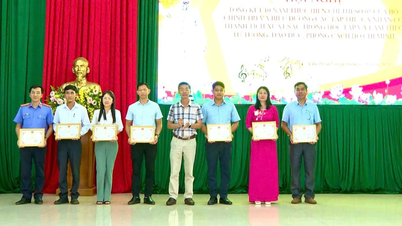










![[OCOP REVIEW] Tu Duyen Syrup - The essence of herbs from the mountains and forests of Nhu Thanh](https://vphoto.vietnam.vn/thumb/402x226/vietnam/resource/IMAGE/2025/6/5/58ca32fce4ec44039e444fbfae7e75ec)




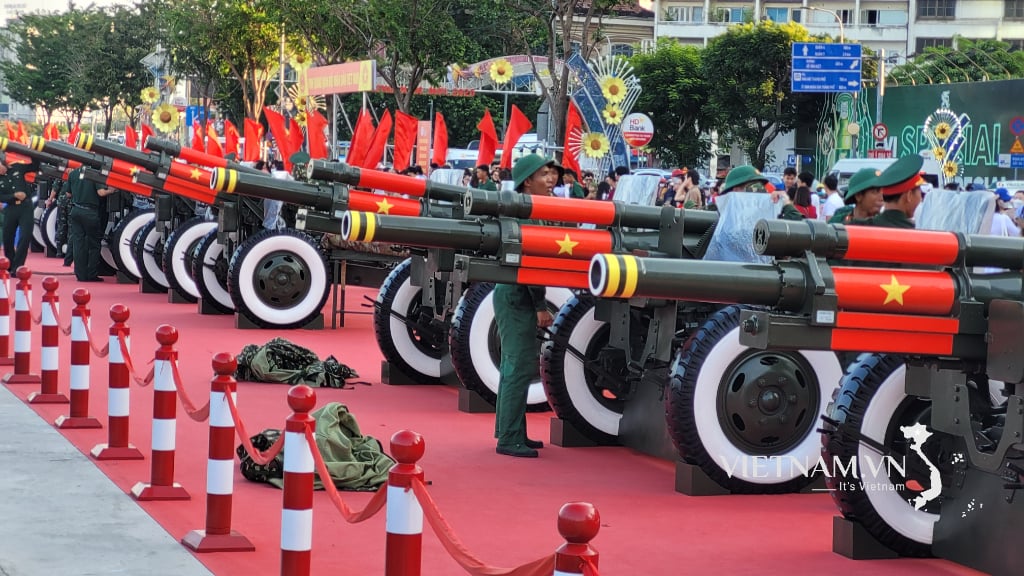


Comment (0)